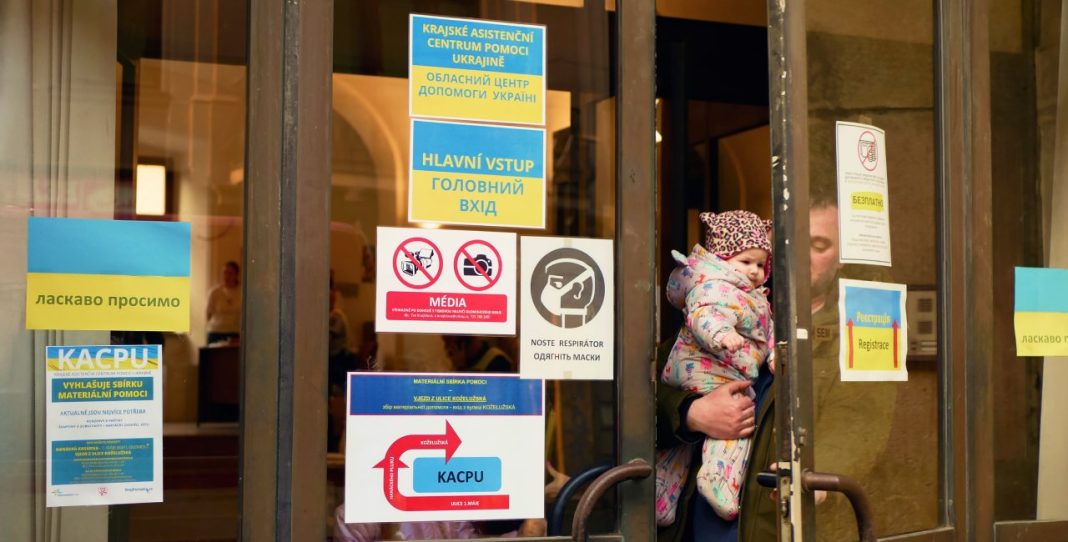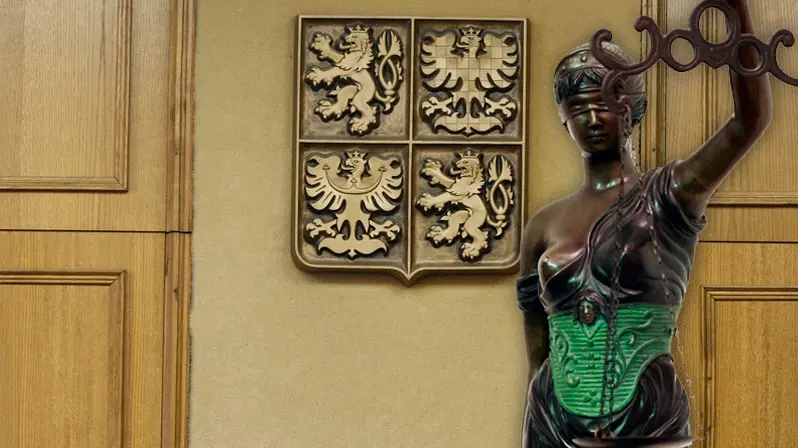The European Union has identified Czechia as a critical nation in the midst of facing significant migration challenges. These challenges have broad implications not only for the country but also for the EU as a whole, underscoring the importance of collaborative solutions.
Current Migration Dynamics in Czechia

In recent years, Czechia has experienced a noticeable increase in migration flows, influenced by various socio-economic factors. The country’s strategic location in Central Europe positions it as a transit and destination point for migrants seeking better opportunities. This influx puts pressure on local infrastructures, necessitating enhanced facilities and services to accommodate the rising number of new arrivals.
The EU’s designation of Czechia as a key country in migration management highlights the region’s role in broader European efforts to manage border security, humanitarian protection, and integration programs. Czech authorities have been collaborating with the EU to implement policies that address immediate and long-term migration impacts.
Policy Responses and Challenges

In response to these challenges, Czechia has been actively developing policies aimed at bolstering its capacity to process and integrate migrants. Measures include strengthening border controls, expanding asylum processing capabilities, and providing support for housing, education, and employment for newcomers. These efforts are crucial to ensuring a balanced approach that respects both humanitarian needs and national security concerns.
However, these strategies are not without challenges. The complexity of migration dynamics requires comprehensive coordination between government entities, non-governmental organizations, and international bodies. Resources and funding remain significant concerns, as the nation navigates the demands of increased migration with existing infrastructure and services.
Impact on Society and Economy

The implications of increased migration are felt across various sectors of Czech society. Economically, migrants contribute to labor markets, often filling roles in industries experiencing workforce shortages. This can lead to economic growth and diversification, enhancing the overall productivity of the country.
Socially, the integration of migrants poses both opportunities and challenges. Cultural exchange enriches the existing societal fabric, although it may also lead to tensions or misunderstandings if not properly managed. Efforts to promote social cohesion and cultural understanding are therefore vital components of successful integration policies.
EU’s Role and Future Outlook

The European Union plays a significant role in supporting Czechia through financial aid, policy guidance, and collaborative initiatives. The EU’s commitment to fostering regional cooperation is crucial for addressing migration issues, promoting shared objectives, and ensuring all member states can contribute effectively to migration management.
Looking ahead, the future of migration in Czechia will depend largely on the country’s ability to adapt to changing trends and work in concert with other EU nations. Continued investment in infrastructure, innovation in policy-making, and fostering a welcoming environment for migrants will be essential for long-term stability and prosperity.
The situation in Czechia serves as a critical example of the migration complexities facing Europe. Addressing these challenges requires not only national efforts but also a unified European response.





